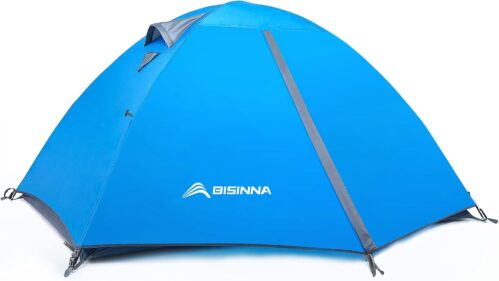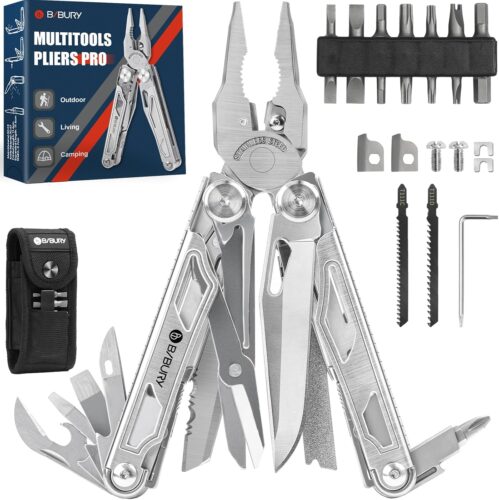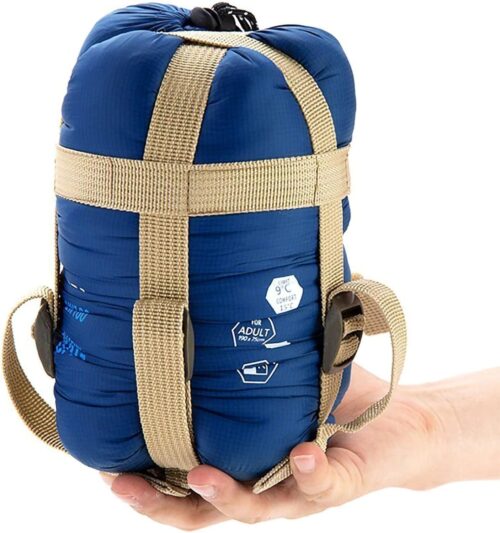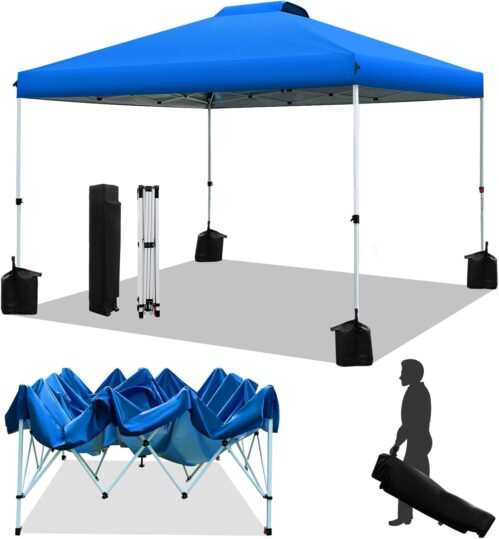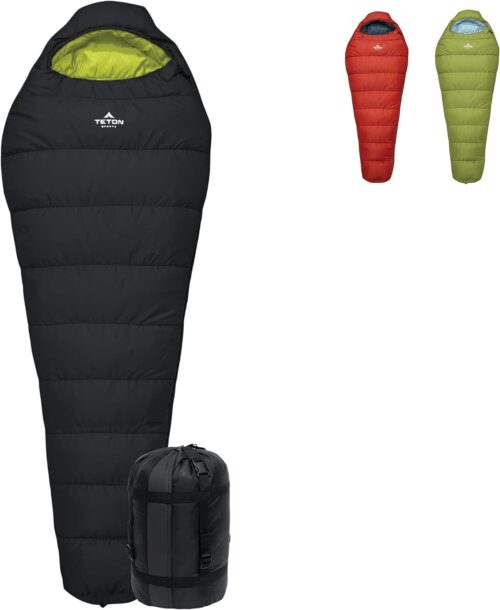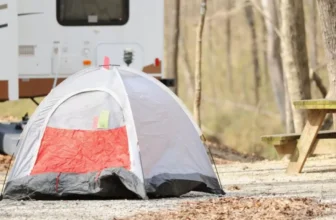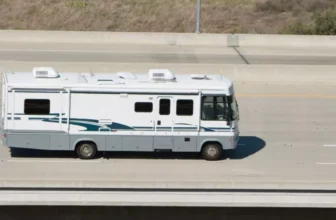
When embarking on your eco-friendly RV camping journey, every choice you make holds the potential to nurture the planet. By embracing sustainable practices, you not only reduce your environmental impact but also create a ripple effect that extends beyond your campsite. From minimizing waste to supporting local communities, each decision you make contributes to a more harmonious relationship with nature. So, as you navigate the wilderness in your RV, consider the impact of your actions and the legacy you leave behind.
Waste Minimization Strategies
To minimize waste during your eco-friendly RV camping trip, prioritize recycling and composting all organic materials. Separate your recyclables like plastic bottles, aluminum cans, and paper products into designated bins. Make use of local recycling facilities or look for recycling centers along your route to properly dispose of these items. Additionally, set up a composting system for food scraps and biodegradable materials. This won’t only reduce the amount of waste going to landfills but also create nutrient-rich soil for plants along your journey.
When shopping for groceries and supplies, opt for products with minimal packaging or items packaged in recyclable materials. This simple choice can significantly decrease the amount of non-recyclable waste generated during your trip. Consider bringing reusable containers for storing leftovers or snacks to avoid single-use plastics.
Water Conservation Techniques
Consider implementing efficient water usage practices to conserve this precious resource during your eco-friendly RV camping adventure. Start by fixing any leaks in your RV’s plumbing to prevent water wastage.
Opt for quick showers instead of long baths to reduce water consumption. Reuse towels to minimize laundry and save water. When washing dishes, fill up the sink instead of letting the water run continuously. Use eco-friendly biodegradable soap to lessen the environmental impact when washing dishes or taking showers.
Consider collecting rainwater in containers to use for tasks like cleaning or watering plants. Additionally, be mindful of overfilling your freshwater tank to avoid unnecessary water weight while driving. Always check for water-saving features in RV parks, such as low-flow faucets and showers, to further reduce water usage.
Energy-Efficient RV Practices
Implementing energy-efficient practices in your RV can help reduce your environmental impact and save on resources.
Start by using LED light bulbs, which consume less energy and last longer than traditional bulbs.
Consider installing solar panels on your RV roof to harness the power of the sun and reduce your reliance on non-renewable energy sources.
Make sure to properly insulate your RV to regulate temperature more effectively, reducing the need for excessive heating or cooling.
When using appliances, opt for energy-efficient models and be mindful of turning them off when not in use.
Utilize natural light during the day to reduce the need for artificial lighting.
Additionally, unplug devices when they’re fully charged to prevent unnecessary energy consumption.
Supporting Local Communities
Reduce your impact even further by exploring how you can support local communities during your eco-friendly RV adventures. One way to do this is by shopping at local farmers’ markets or stores to stock up on fresh produce and locally made goods. By purchasing from these establishments, you aren’t only reducing the carbon footprint associated with transporting goods long distances but also supporting the local economy.
Another way to support local communities is by engaging in ecotourism activities that contribute to the conservation and preservation of natural areas. Look for opportunities to volunteer with local organizations or participate in community clean-up events during your RV travels. This hands-on involvement not only benefits the environment but also fosters a sense of connection with the places you visit.
Additionally, consider dining at local restaurants and supporting small businesses along your route. By choosing to eat locally sourced food and frequenting family-owned establishments, you’re investing in the cultural fabric of the communities you encounter. Embracing these practices can make a positive impact on both the environment and the people who call these places home.
Adventure Gear

